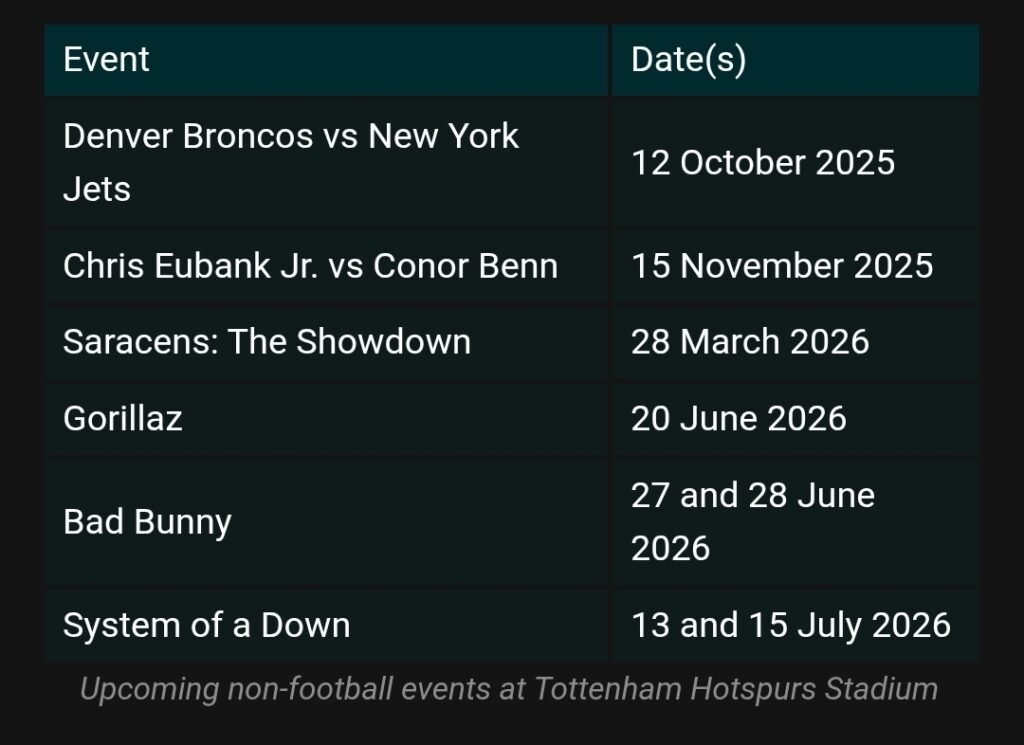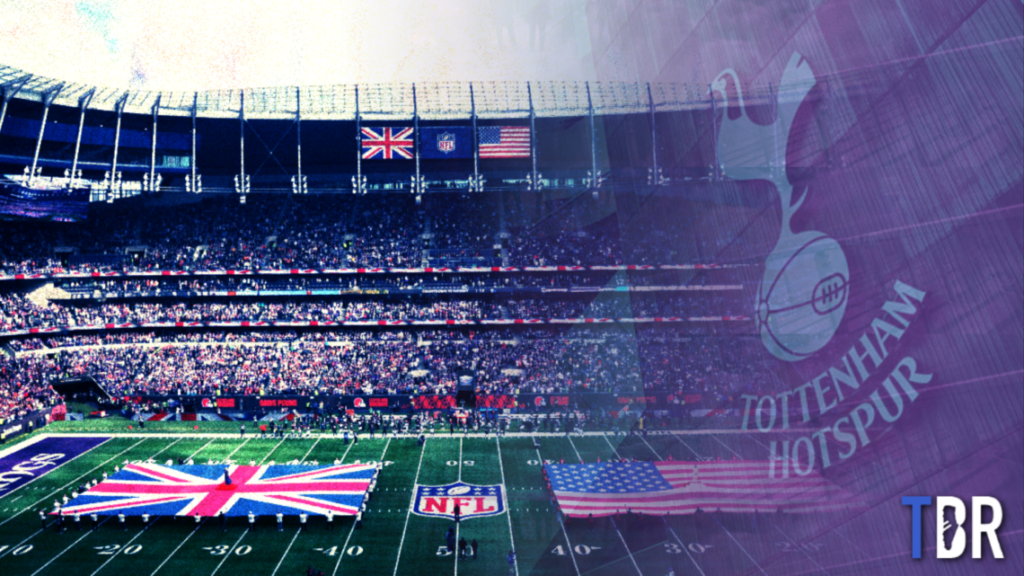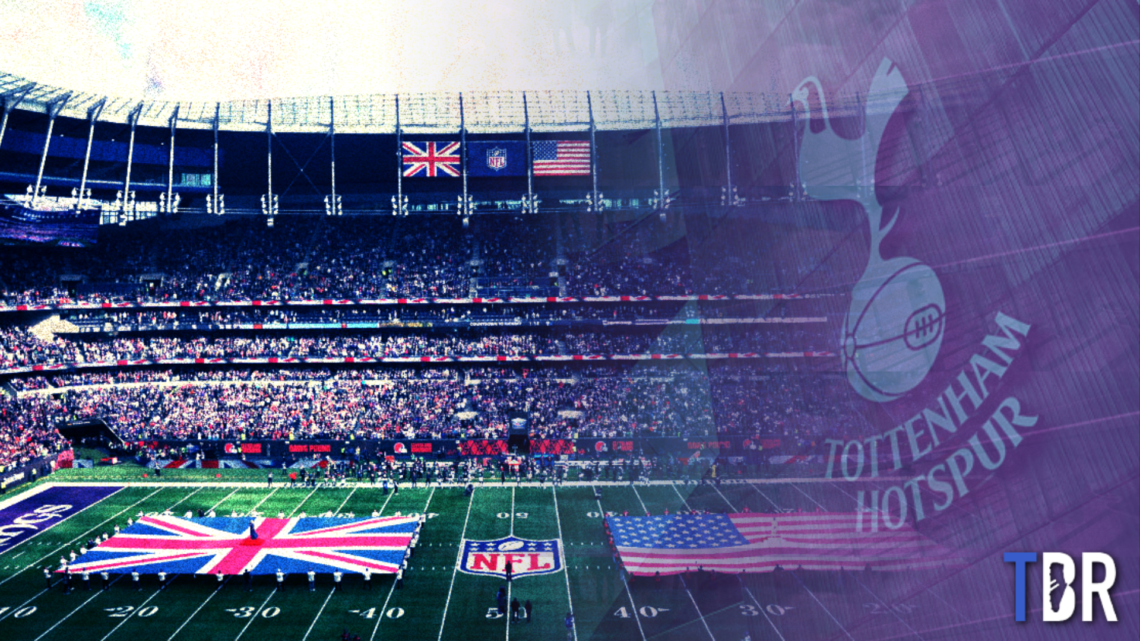Tottenham Hotspur’s partnership with the NFL has become one of the most profitable ventures in English football. Since 2019, Spurs have hosted the NFL’s London Games annually, except in 2020 when the pandemic halted global sports events.
This collaboration has turned the Tottenham Hotspur Stadium into a major cash generator, attracting fans from across the world and boosting the club’s matchday and commercial revenues significantly.
In the 2023–24 season, Tottenham recorded £106 million in matchday income, slightly down from £118 million the previous year.
However, projections for 2024–25 suggest the club will set a new record, thanks to the combination of Premier League success, Champions League qualification under Thomas Frank, and expanded use of their world-class stadium.
With massive ticket demand and hospitality sales, Spurs are poised to surpass all previous financial highs.
Beyond football, the club’s commercial power continues to grow through strategic deals and non-football events.

Tottenham reportedly earned around £55 million from concerts, combat sports, and other non-football events in 2023–24, according to Goldman Sachs.
This figure is set to increase, as the stadium now has permission to host up to 30 major events annually, up from the previous limit of 16, following approval by Haringey Council.
The NFL alone brings enormous financial rewards. Under the original 10-year deal, the league pays Tottenham roughly £2 million per game, with Spurs also keeping catering and hospitality revenues.
Given that an average football matchday generates about £800,000, the NFL fixtures push total returns from each game well past the seven-figure mark.
Despite the significant logistical and operational costs involved, Tottenham still earn a hefty net profit from these high-profile occasions.
The 2025 London Games, featuring teams like the Minnesota Vikings, Cleveland Browns, Denver Broncos, and New York Jets, have already drawn full-capacity crowds at N17.

Events like these further enhance Tottenham’s global brand while solidifying the stadium’s status as a multi-purpose entertainment hub.
Beyond NFL games, the stadium is booked for major upcoming acts such as Gorillaz, System of a Down, and Bad Bunny, as well as sporting spectacles like the Conor Benn vs. Chris Eubank Jr. boxing rematch and Saracens Rugby’s “The Showdown.”
Tottenham’s forward-thinking approach extends to commercial innovation too. In 2023, the club signed a 12-year deal with Sports Illustrated under their new ‘The Collective’ initiative.
This partnership grants Sports Illustrated branding rights in the stadium’s East Stand and includes a new 3,000-capacity hospitality experience.
The idea is to secure tailored partnerships for different sections of the stadium, moving away from the long-standing but elusive goal of finding a single naming rights sponsor.
Football finance expert Kieran Maguire of the University of Liverpool praised the strategy, calling Spurs “innovative market leaders in monetising their assets.”

He noted that while the lack of a full stadium naming rights deal reduces potential long-term value, the club’s creative approach to sponsorship and fan experiences helps maintain a steady stream of income and brand strength.
Overall, Tottenham Hotspur’s financial blueprint underlines how modern football clubs can leverage their infrastructure beyond matchdays.
The stadium’s versatility hosting football, concerts, boxing, rugby, and NFL events ensures year-round revenue streams. With Premier League and Champions League football boosting visibility and partnerships like Sports Illustrated redefining sponsorship models, Tottenham are setting a new standard for financial and operational success in the global sports industry.
As the 2025–26 season unfolds, Spurs’ mix of on-field competitiveness, business acumen, and commercial innovation could see them record unprecedented revenues a testament to how strategic vision and world-class facilities can transform a football club into a global entertainment powerhouse.

